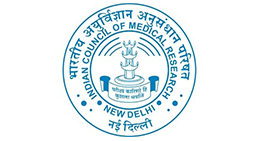Kamla Bhasin
June 13, 2025

The Confederation of Indian Industry (CII) is a non-governmental, non-profit organization established in 1895. It is one of the largest industry associations in India, representing a diverse range of sectors and industries. CII works towards creating an environment conducive to the growth and development of Indian businesses, promoting economic reforms, and fostering competitiveness. In this response, I will provide you with an overview of the CII's structure, objectives, initiatives, and impact in a point-to-point format.

June 13, 2025

June 13, 2025

June 13, 2025

June 13, 2025

June 13, 2025

June 13, 2025

June 13, 2025

June 13, 2025

June 13, 2025

June 13, 2025